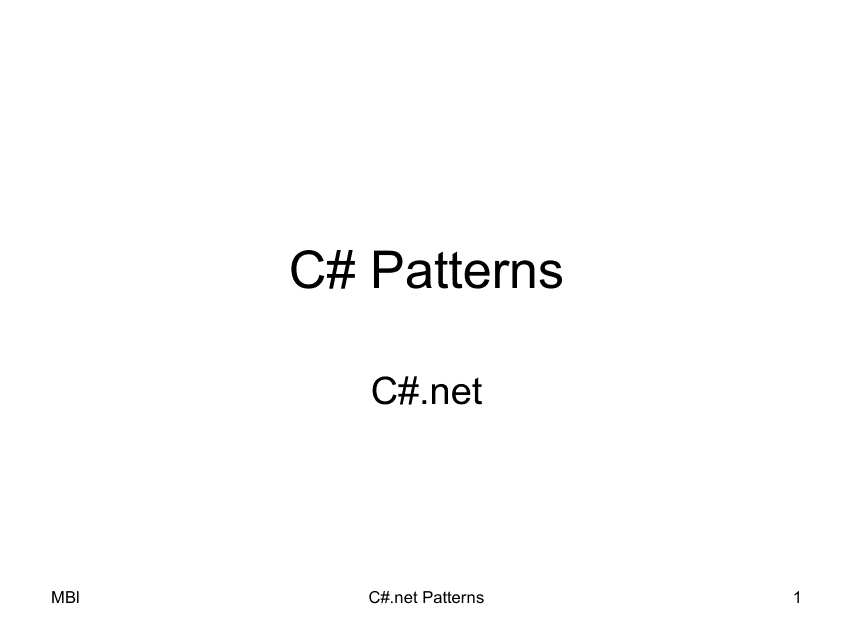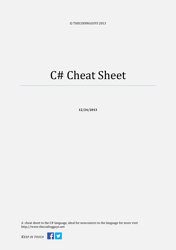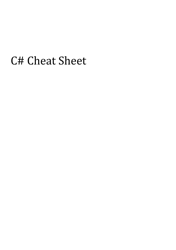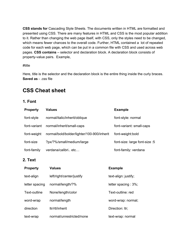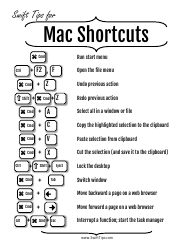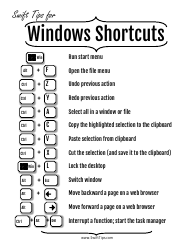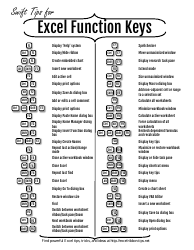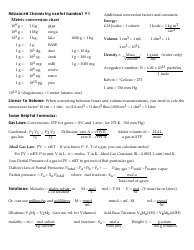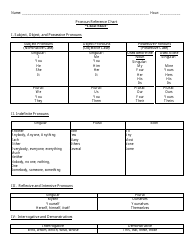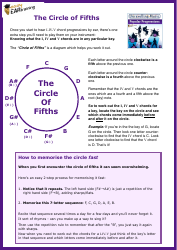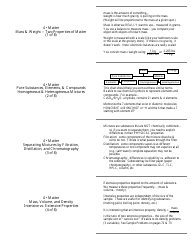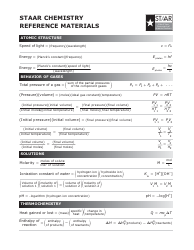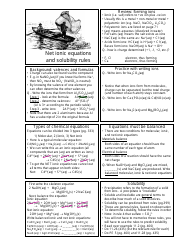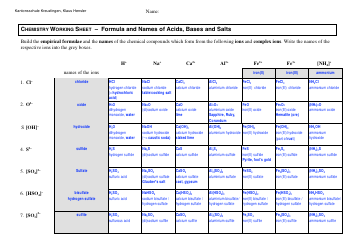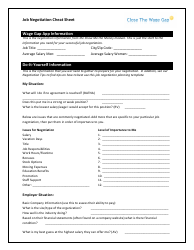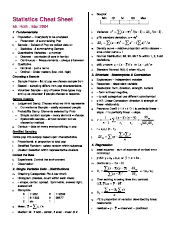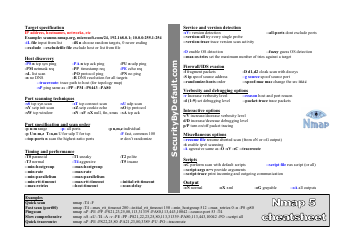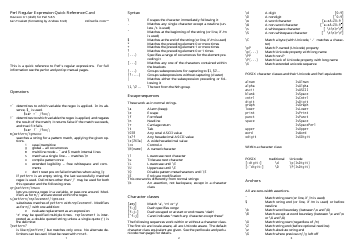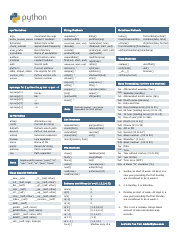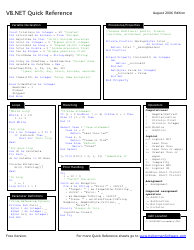C# Patterns Cheat Sheet
A C# Patterns Cheat Sheet is intended to provide quick and easy access to coding patterns in the C# programming language. Coding patterns, or design patterns, are tested, practical structures that are used to solve problems in software design. They demonstrate relationships and interactions between classes, objects, modules, and other aspects of programming.
The cheat sheet is often used as a reference tool by programmers when they are coding in C#. It's specifically handy because it concisely outlines the syntax, structure, and usage of different design patterns in C#. By using this cheat sheet, programmers can ensure they are following the best practices and using the most efficient methods to achieve their desired outcome.
Overall, a C# Patterns Cheat Sheet is a valuable resource for anyone involved in C# programming, whether they are beginners trying to learn the language, intermediate programmers looking to improve their coding, or advanced coders looking for a quick point of reference.
The C# Patterns Cheat Sheet is typically filed or created by computer programmers, software developers, or coders who wish to have a quick reference guide for using patterns in C# programming. It is not specific to any country and is used globally, including in the USA, Canada, India, and Australia.
FAQ
Q: What is the C# Patterns Cheat Sheet?
A: The C# Patterns Cheat Sheet is a handy referential guide that presents streamlined information and a concise explanation of various coding patterns in C# programming language. This includes design patterns, architectural patterns, and others which are overviews of how to structure your code efficiently and effectively.
Q: What are some common patterns included in the C# Pattern Cheat Sheet?
A: Common patterns included in the C# Patterns Cheat Sheet may include creational patterns such as Factory, Singleton, and Builder; structural patterns like Adapter, Decorator, and Composite; and behavioral patterns like Observer, Strategy, and State. Each pattern has a specific use case in solving common programming challenges.
Q: Which C# pattern should I use to solve a specific problem?
A: The choice of the C# pattern depends mostly on the specific problem you are trying to solve. For example, if you need only one instance of a class, then Singleton pattern is useful. When creating complex objects, Builder pattern can be helpful. The C# Patterns Cheat Sheet covers a wide range of scenarios that would help make an appropriate choice.
Q: How can I use the C# Patterns Cheat Sheet effectively?
A: You can use the C# Patterns Cheat Sheet effectively by understanding the problem at hand, and then referring to the cheat sheet for the pattern that best fits the problem. It's beneficial for both learning purposes and as a quick reference while coding. It's recommended to also study these patterns in depth for better understanding.
Q: Is the C# Patterns Cheat Sheet useful for beginners?
A: Yes, the C# Patterns Cheat Sheet can be especially helpful for beginners for grasping the core concepts of design patterns in programming. It provides a brief introduction and examples of various patterns that can simplify complex design problems.
Q: Can C# Patterns Cheat Sheet be used for advanced programmers?
A: Absolutely! Besides beginners, the C# Patterns Cheat Sheet is also a handy tool for advanced programmers. It serves as a reference guide for refreshing memory, and can save time during the coding process. It's a practical tool to have in any C# programmer's arsenal, irrespective of their skill level.
Q: What is the advantage of using patterns in C#?
A: Patterns provide a set of tried-and-tested solutions to common programming problems, making code easy to understand, maintain, and reuse. They also provide a standard terminology that can improve communication between developers. The C# Patterns Cheat Sheet is thus a great way to access these solutions quickly.
Q: Are the patterns covered in the C# Patterns Cheat Sheet applicable to other programming languages?
A: Yes, the patterns in the C# Patterns Cheat Sheet are part of the general principles of object-oriented programming and can be applied to other languages as well. However, the way in which these patterns are implemented may vary based on the specific language syntax and features.
